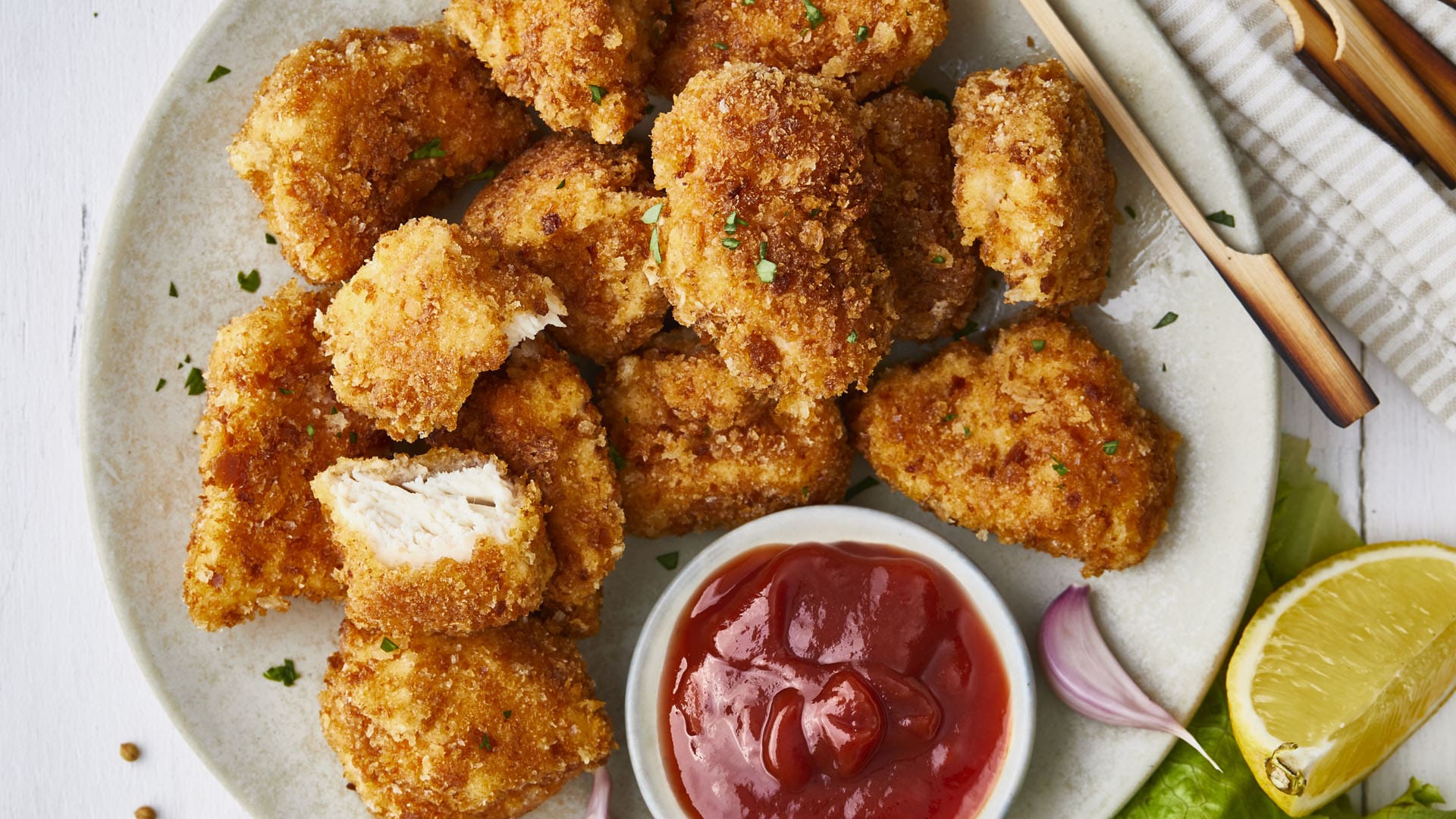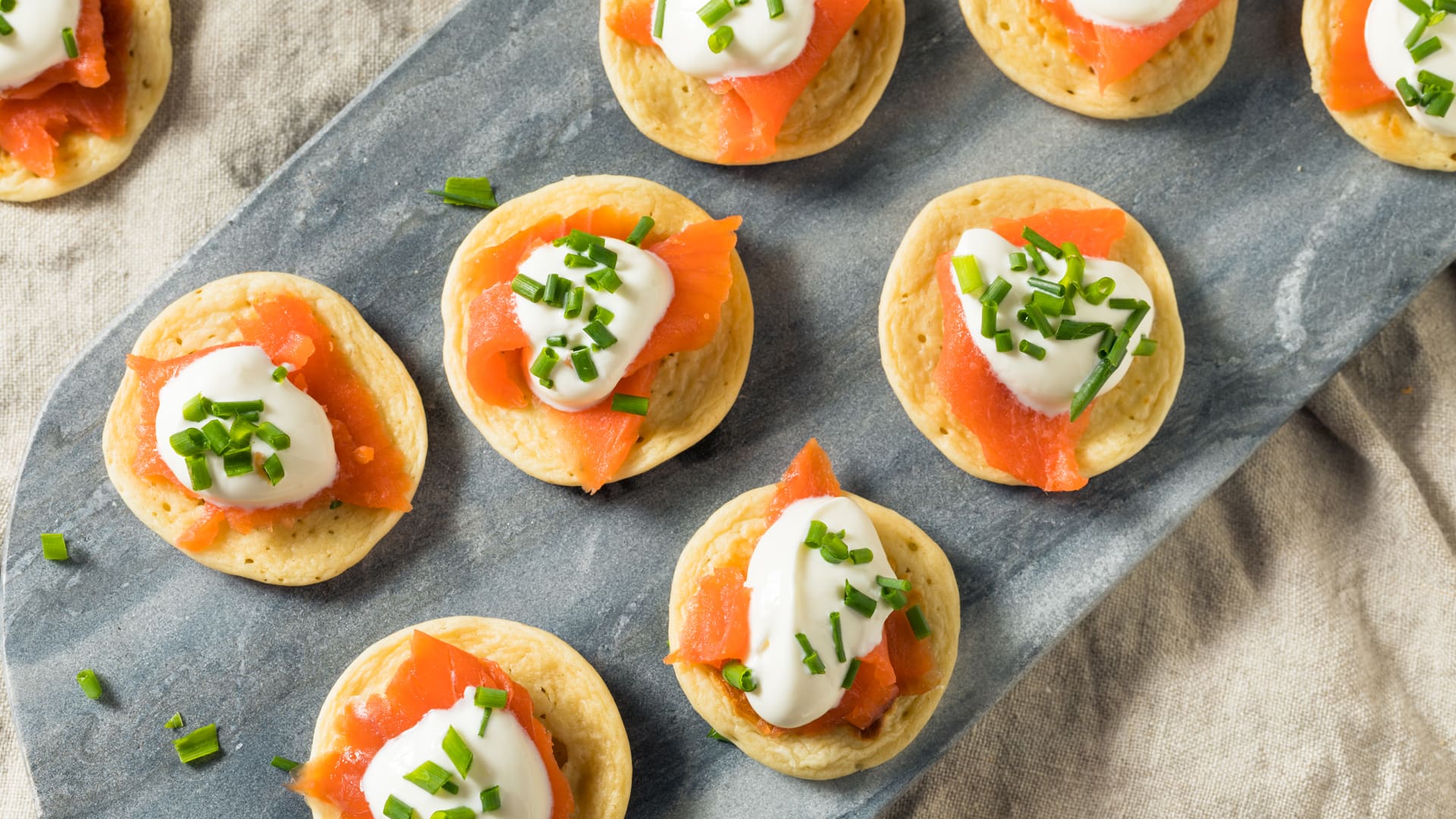Contacts Coeliac Australia
Website www.coeliac.org.au
Email info@coeliac.org.au
While in Australia dial 1300 458 836, to be connected to your nearest office. If you wish to make contact prior to arrival, please use the email info@coeliac.org.au
Approximately 300,000 Australians are affected by coeliac disease and the gluten free diet is well catered for in food and catering industries. Under the following headings, the information is a guide for you to enjoy your holiday with us.
- Bringing food into Australia
- Travelling around Australia to other states Identifying gluten free products in Australia Where to buy
- Dining out
- Helpful Phrases and words Internal flights in Australia Travelling by Train and Coach Travelling by Car Accommodation
- Health Care whilst in Australia Travelling with Medicines
Bringing food into Australia
Strict laws apply for bringing food into Australia – fresh meat, vegetables, nuts and fruit are not allowed and you will be subject to heavy fines if you do not declare these items. For further details, go to the website –
Entering Australia
https://immi.homeaffairs.gov.au/entering-and-leaving-australia/entering-australia
What can you bring in to Australia?
https://www.abf.gov.au/entering-and-leaving-australia/can-you-bring-it-in
List of items
https://www.abf.gov.au/entering-and-leaving-australia/can-you-bring-it-in/list-of-items
IMPORTANT
The following information was from https://www.agriculture.gov.au/travelling/to-australia
Don’t bring fruit and vegies with you to Australia. If you take them onto the plane, leave the leftovers on the plane, including any supplied by the airline. Generally you aren’t allowed to bring meat products into Australia.
All travellers entering Australia will need to complete and sign an Incoming Passenger Card, which includes declarations you will need to make about your health and character. The following questions are on the card.
Are you bringing into Australia:
- Meat, poultry, fish, seafood, eggs, dairy, fruit, vegetables?
- Grains, seeds, bulbs, straw, nuts, plants, parts of plants, traditional medicines or herbs, wooden articles?
- Animals, parts of animals, animal products including equipment, pet food, eggs, biologicals, specimens, birds, fish, insects, shells, bee products?
You must mark YES on your card if you are carrying goods that may pose a biosecurity risk. These goods include plant material, animal products and certain food. A Department of Agriculture and Water Resources biosecurity officer may inspect declared goods during your border clearance. A biosecurity officer may inspect your baggage, even if you do not declare any goods. They may use X-ray or a detector dog. You must declare or dispose of any goods with a biosecurity risk before inspection. If you do not or make a false declaration on the Incoming Passenger Card, you may be fined more than A$360,000 and imprisoned for up to 10 years and a get criminal record.
You will not be penalised under the Biosecurity Act 2015 if you declare all goods, even if they are not allowed into Australia.
Ensure packed products to be declared are easy to access for Border Force examination. This helps speed up your clearance. Remember: if in doubt, ask one of our officers what you should declare.
Do not provide false or misleading information. Penalties for false information (such as false receipts) are severe and may result in your goods being taken from you.
Travelling around Australia to other states
The guide below will help you ascertain what can be taken interstate. www.interstatequarantine.org.au/travellers/interstate-quarantine/
Identifying gluten free products in Australia
There are three broad groups of food that are suitable for people on a gluten free diet:
Naturally gluten free foods are fresh foods such as milk (some flavoured milk and soy milk may contain gluten) eggs, nuts, legumes, fats and oils, fresh fruit and vegetables, fresh meat, poultry and fish as well as grains including: rice, corn (maize), soy, sago, tapioca, buckwheat, millet, amaranth, sorghum, quinoa and arrowroot
Food labelled ‘gluten free’ must contain ‘no detectable gluten’ according to the Australian Food Standard.
Products that are gluten free by ingredient although not made specifically for the gluten free market, fortunately happen to be gluten free by ingredient.
Under Australian labelling standards, all ingredients and food additives derived from wheat, rye, barley and oats must be declared on food labels.
Exceptions
Some ingredients are so highly processed that they are suitable for those on a gluten free diet, even though a gluten source is identified. The three most common exceptions are:
Glucose syrup (wheat)*
Caramel colour (wheat)
Dextrose (wheat)
These ingredients are considered suitable for the gluten free diet.
*Glucose syrup is exempt from having to declare when it is wheat derived.
Where to buy
Our major supermarkets all stock gluten free products and many restaurants and accommodation options understand the need for gluten free meals to be available.
Locations can be found on their websites. A good selection of gluten free products in the supermarkets is found in the health food, bread and freezer sections. If you can’t find them, please ask an assistant.
Gluten free bread is readily available and sold in the bakery section. There is also a gluten free section in the freezer aisle where you will find readymade meals, pastries, bread and pasta products.
Health Food Stores
Many health food stores in shopping malls also carry fresh or frozen breads and other gluten free products.
Markets
Often, Farmer’s Markets in various towns across Australia will have locally-made gluten free options for sale. www.farmersmarkets.org.au/markets. Please note that this website does not include all markets.
Dining out
The Coeliac Australia Gluten Free Accreditation Program ensures that the gluten free consumer can dine with confidence where they see the unique ‘GF’ symbol. Find our accredited restaurants here.
Most restaurants in Australia can provide at least one menu item that is gluten free. If front of house staff are unsure, please feel comfortable in requesting assistance from the chef. The chef should be able to advise if there are any risks with the food they prepare.
We recommend to ring beforehand and where possible, speak to the chef to establish gluten free menu choices. Explain what you cannot eat. The chef should be able to advise which of their meals are suitable or perhaps prepare a special dish. Reiterate your dietary requirements on arrival.
Always check ingredients of each meal with the restaurant staff prior to ordering.
Helpful Phrases and words
I cannot eat foods that contain wheat, rye, barley or oats.
For example – bread, breadcrumbs, cakes, biscuits, couscous, batter and pastry – except when made from gluten free ingredients.
Do you have gluten free options on the menu?
Is a dish or part thereof commercially-made or freshly prepared?
Thank you for your help.
If a meat/fish dish:
Has the meat/fish been coated in flour or breadcrumbs or marinated in stock or soy sauce? Has cornflour been added? If so, I can only have corn/maize flour.
If a risotto, soup or soup-based meal:
Does the broth or stock contain any ingredients from wheat, rye, barley or oats?
Does it contain any wheat based noodles?
I cannot have wheat flour or wheat based cornflour if used in the sauce.
If rice noodles:
Are there only rice noodles included?
Were they cooked in a gluten free broth or stock?
Are the sauces gluten free?
For vegetable dishes:
Have any sauces which contain wheat flour or wheat based cornflour been used?
If ordering a salad:
What salad dressing has been used?
Does it contain any croutons/noodles/pasta/barley/couscous or other gluten containing grains?
Internal flights in Australia
Depending on the time and length of the flight between capital cities and regional towns, a meal may not be available on an internal flight.
For example, if you are travelling between Sydney and Melbourne, the flight at 10am may only serve refreshments while the flight at 6pm will serve dinner. Please check at the time of booking whether a gluten free meal is available for you.
Our major carriers are as follows –
Qantas – a gluten intolerant meal can be requested at time of booking
Virgin – Gluten free noodles and snacks are available for purchase onboard. You can take food on board with you
Jetstar – Gluten free options are available on the inflight menu. You are also welcome to take own meals onboard. However, there is no refrigeration or heating facilities available.
Tiger Airways – Gluten free options are available on the inflight menu. You are welcome to take own meals onboard. However, there is no refrigeration or heating facilities available.
Australia has airlines that service regional areas and you will need to ask at the time of booking whether they offer gluten free meals.
Travelling by Train and Coach
Many overnight train journeys will have a catering car. It is important to make yourself known to the catering staff as soon as you arrive on board to order your gluten free meal as they often have a certain number of pre-prepared meals available. Make sure you do request your meal at the time of booking.
Coach tour companies will need to know of your gluten free needs at the time of booking your holiday.
Do not expect gluten free snacks to be available on short trips. Make sure you take plenty of supplies with you for the journey.
Travelling by Car
Australia is a beautiful country to explore by car, to be able to leave the highways and find little towns and gorgeous picnic spots. You can purchase a cheap cooler from variety and discount stores to keep your daily supplies fresh. Most accommodation options have a small refrigerator in the room.
Accommodation
Many resorts, hotels, motels and B & B’s across Australia offer gluten free options in their restaurants and breakfast rooms. Please enquire at the time of booking or check out their websites for further information. Most accommodation options in Australia provide a small refrigerator and a kettle with tea and coffee making facilities in the rooms.
Health Care whilst in Australia
Medicare Australia has advice for travellers that are visiting Australia from overseas including information on Reciprocal Health Care Agreements between Australia and other countries www.humanservices.gov.au/customer/enablers/health-care-visitors-australia
Travelling with Medicines
Download





